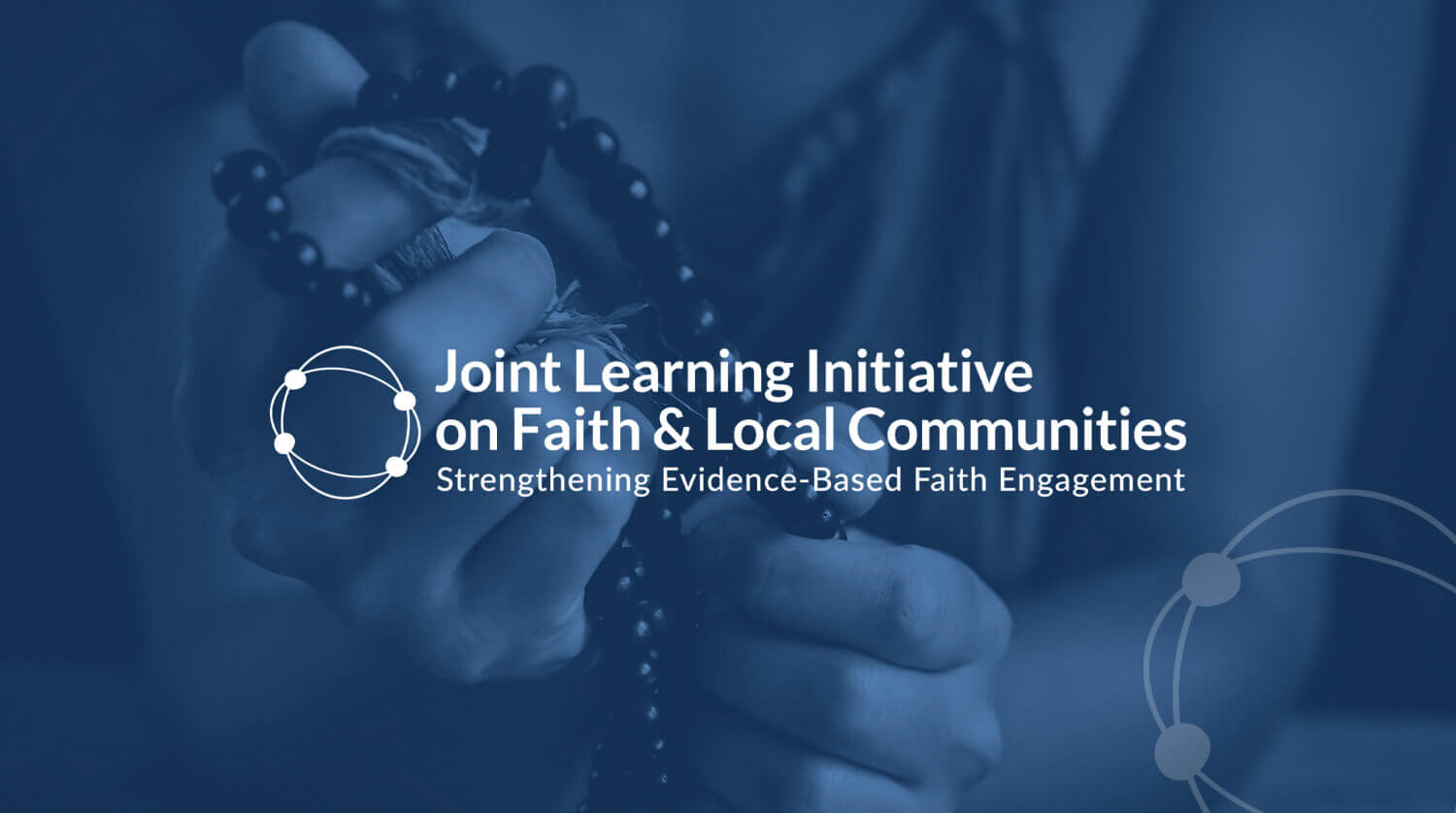The United States has made a new commitment to leaving no one behind as the country moves toward a goal of ending hunger and poverty by 2030. To reduce hunger and poverty among these communities, Congress and the administration should:
- Prioritize communities most affected by hunger and poverty
- Strengthen the U.S. safety net
- Support policies that protect workers and enable them to become financially secure
- Eliminate “concentrated poverty” by 2025
Unlike in decades past, the United States has the tools and knowledge to put an end to hunger, food insecurity, and poverty — and we can accomplish this rather quickly, by 2030. We need only the leadership and the determination to do it.
Marlysa D. Gamblin is domestic advisor for policy and programs, specific populations at Bread for the World Institute.
For more information please see Bread for the World’s website






